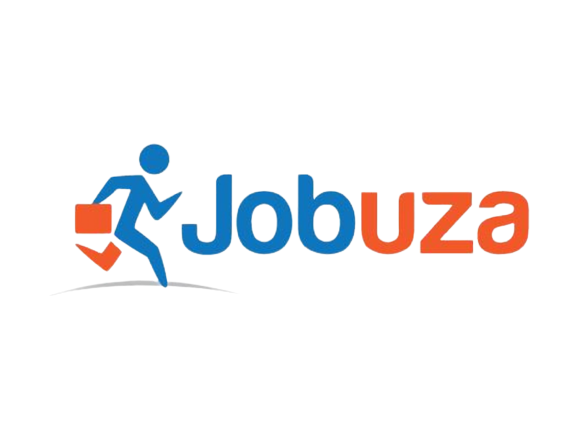For interviews, positive impressions are made from your cover letter and resume. You must now maintain the employer’s impression of you and your potential within the company. A saying holds that first impressions matter, and a job interview is the perfect example of how true this is. There are numerous factors at play. It could involve your appearance, communication style, personality, and other factors.
During a job interview, it takes a lot of effort to make a good impression and very little to do the opposite. Here are five frequent errors that can ruin any job interview if you’re not careful.
5 Mistakes That Can Ruin Any Interview
- Arriving Late
The time of everyone is valuable. Respect others and do not waste their time. Of course, unforeseen delays do occasionally arise. To avoid being late, make an effort to prepare ahead. Allow plenty of time to go to the interview site. To avoid rushing to get dressed five minutes before you need to go, make sure you have your clothes ready the night before. Give your contact a call to apologize and let them know when you intend to arrive if there is an unforeseen delay.
- Jumping Into Pay And Benefits
There will be a moment for this conversation, but it usually won’t be during the initial interview unless the potential employer brings it up. At the same time, broaching the subject of pay is particularly dangerous. You can find yourself asking for your ideal salary and then finding that it is less than what the firm had anticipated. So before discussing salaries, find out more about the job and research.
- Answering Your Phone
Let your employer know that this interview is more crucial than any call, text, or notification to demonstrate respect. Switch off your smartphone. If you miss it and it rings, please accept my apologies and switch it off.
- Speaking Bad About Your Previous Or Current Employer
No matter the circumstances, you should never disparage your present or prior employers. It begs the question of whether you’ll behave similarly with this prospective employer in the future. If they inquire about your reasons for leaving your current position, accept responsibility, and concentrate on the future.
- Being Short, Hiding From Questions, Or Talking Too Much
Both you and the employer are interested in learning more about one another. You don’t want to be the only one speaking the entire interview. Additionally, you don’t want to answer too briefly. You’ll come across as indifferent and unenthusiastic about the job. A balanced conversation where both of you can hear facts and ask questions requires active listening.






